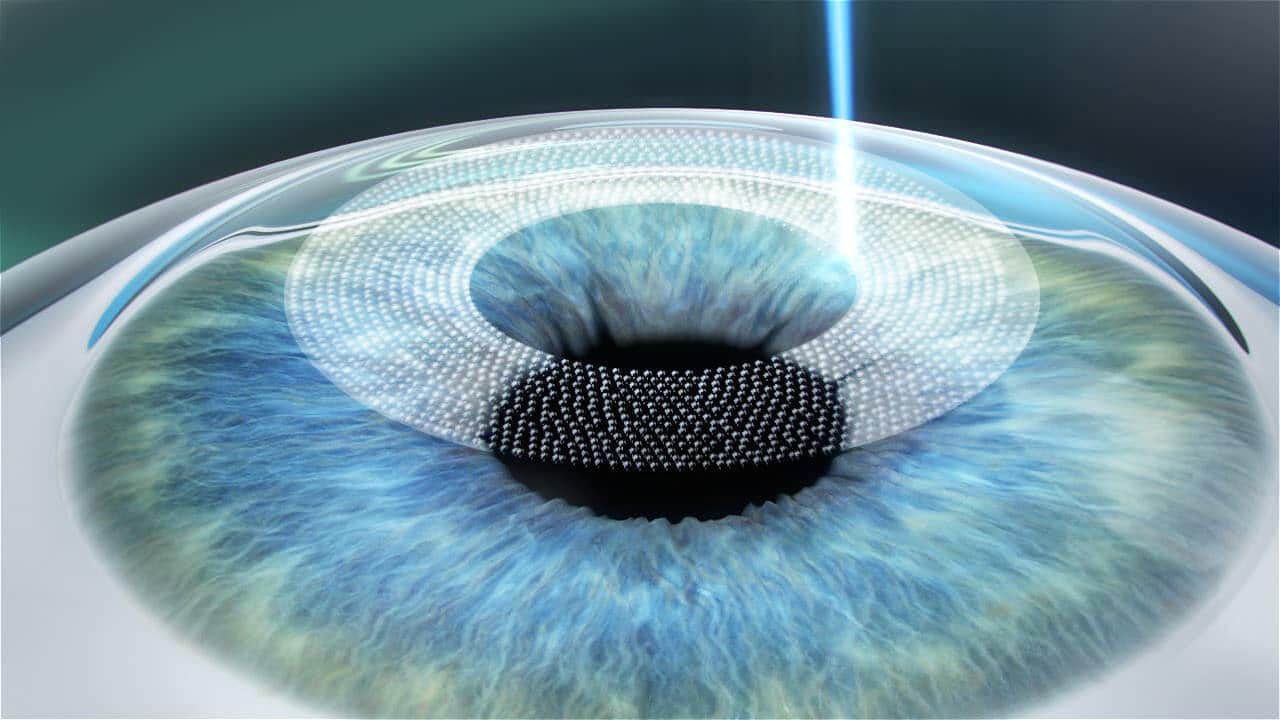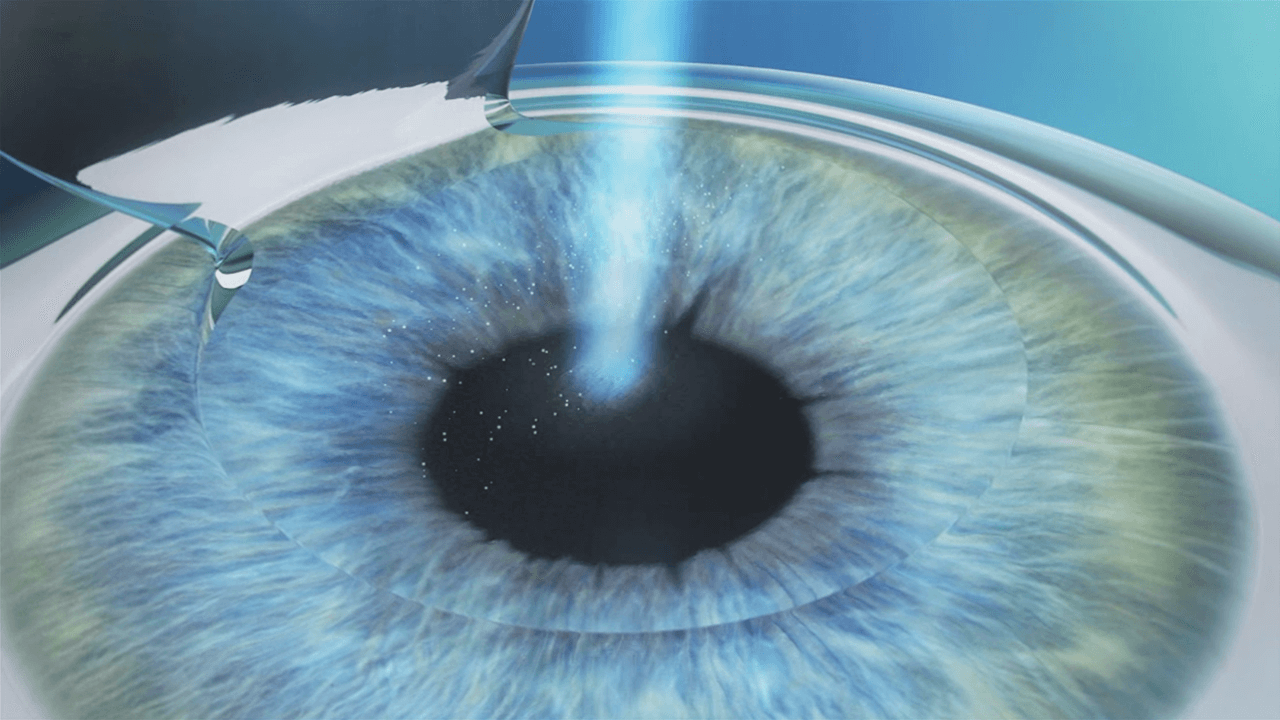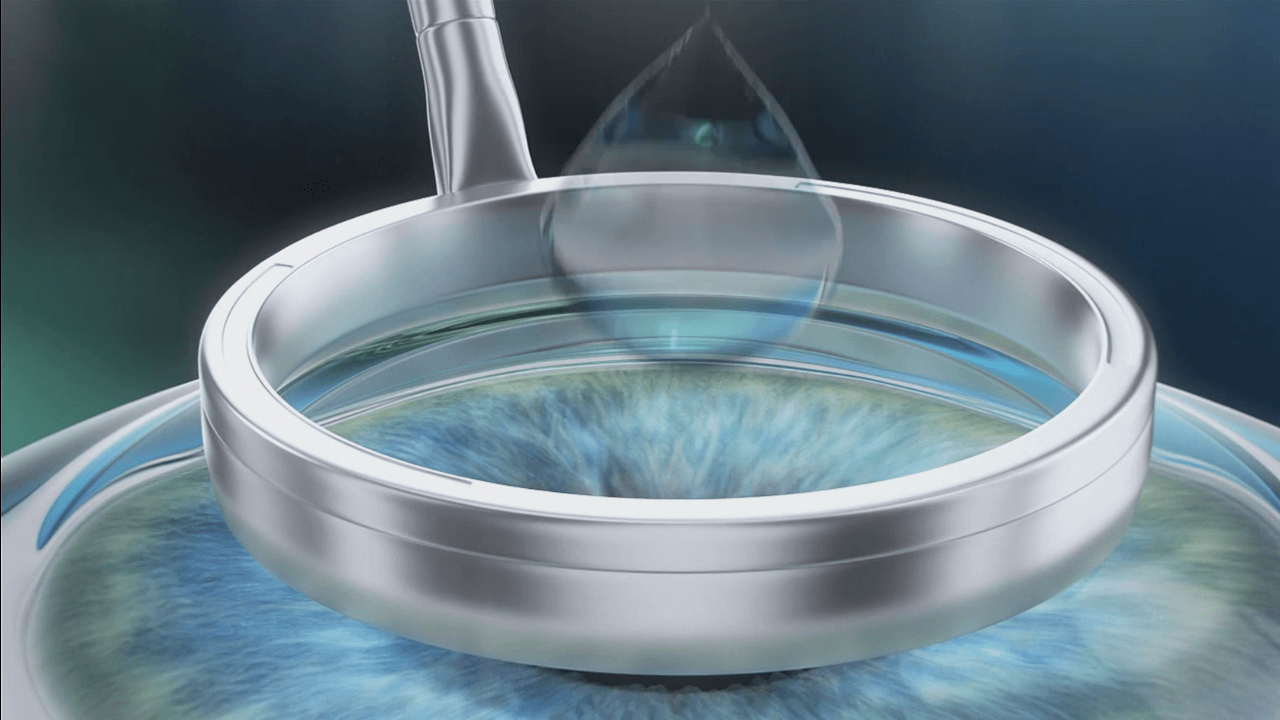Understanding Vision
Understanding how we see is crucial to understanding how vision correction works. When we look at an image, light first passes through the cornea, the outermost part of the eye. It then travels through the lens, which focuses on objects both near and far. As we age, the lens loses its ability to focus, often resulting in the need for reading glasses. Finally, the image is projected onto the retina, which sends the visual information to the brain via the optic nerve. Imperfections in vision can occur in any of these three areas: the cornea, lens, or retina.
Most vision correction procedures aim to improve the image entering the eye by reshaping the cornea's surface. These imperfections, known as refractive errors, include nearsightedness, farsightedness, and astigmatism.
Myopia (Nearsightedness)
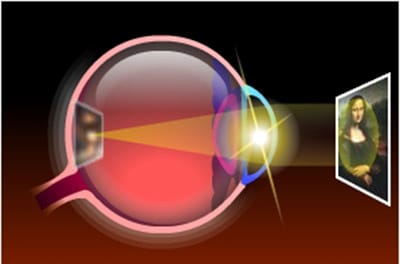
The cornea is steeply curved causing light to focuses in front of the retina, resulting in blurry distance vision requiring glasses to see object far away.
Hyperopia (Farsightedness)
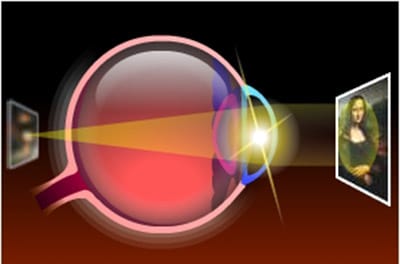
The cornea is very flat causing light to focus behind the retina, resulting in blurry near vision, requiring glasses to objects up-close.
Astigmatism
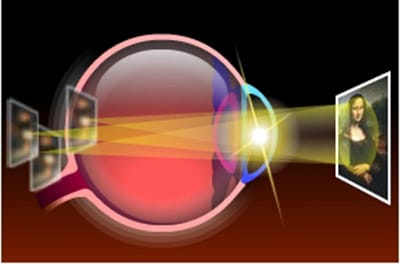
The cornea is irregular shaped causing light to focus on multiple points on the retina, resulting in overall blurry vision. A common myth, people with astigmatism think they can not have vision correction - is false.
